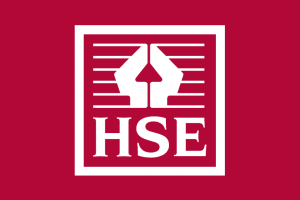Key MPs’ committee sceptical on HS2 and HS3

AN influential committee of MPs have said they remain sceptical about the ability of the government to deliver the £50bn HS2 and HS3 high speed rail network projects to budget.
The Public Affairs Committee said the £50bn included a generous contingency and it was concerned this would be used to mask cost overspends.
In a statement supporting the release of its report into the rail infrastructure programme, committee chairman Margaret Hodge said: “Investment in major rail infrastructure programmes takes a long time and costs a lot of money. It is therefore hugely important to ask the right questions and make properly informed judgements on priorities. Yet the Government takes decisions without a clear strategic plan.
“For instance, the Government recently announced proposals for High Speed 3. It did not carry out an assessment of High Speed 3 before it gave the go-ahead to High Speed 2 and it therefore did not test whether improved connectivity in the North was a greater priority.
“We are sceptical about whether the Department (for Transport) can deliver value for money for the taxpayer on High Speed 2. The overall funding envelope of £50bn includes a generous contingency, and we are concerned that this will simply be used to mask cost overspends, rather than valid calls on contingency funds.”
She said the DfT should set out a long term strategy covering the next 30 years for transport infrastructure in the UK, and use this strategy to inform decisions about investment priorities and specific investment decisions.
She added that the contingency included provision for likely inflation based on the Treasury’s guidance on the rates to apply, but said that construction costs could increase more quickly than general inflation.
“Furthermore, David Higgins, the chair of HS2 Ltd, had said in announcing HS3 that he believed both HS2 and 3 could be built at the same time but the Department has not yet properly considered the impact of this on construction capacity, capability and costs,” she said.
“Even though regional economic growth is one of the objectives of High Speed 2, from which businesses will presumably benefit, the Department considers measures to reduce the burden on the taxpayer, such as a supplement to business rates as happened with Crossrail, are not appropriate for High Speed 2.
“The Department has a long way to go to prove that it is being more effective in realising benefits from major programmes.
“We are concerned that the Department is repeating the mistakes of the past with HS2 given the limited resources it is investing in supporting the project to secure regeneration benefits from this £50bn programme.”







